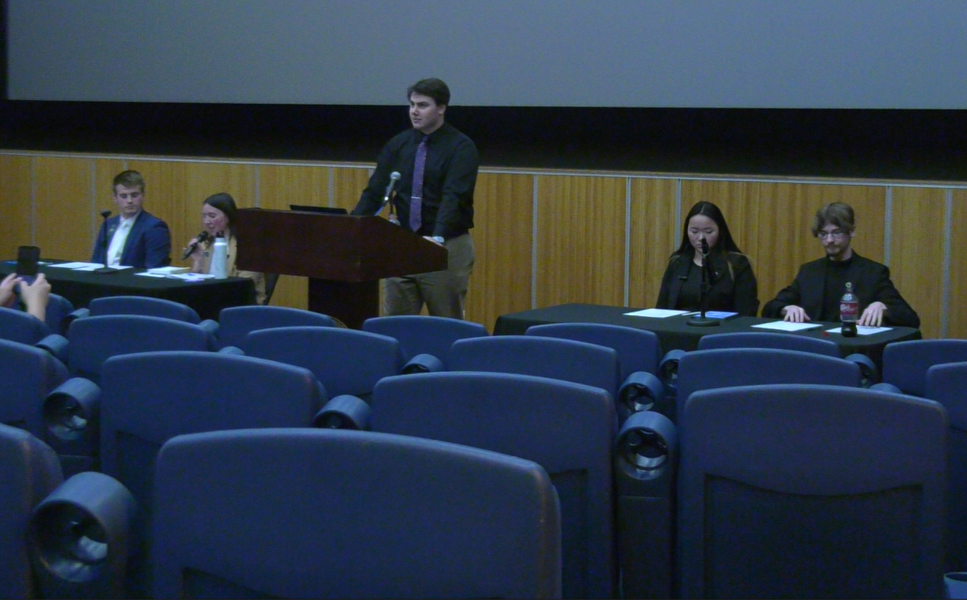“It’s a time bomb that’s ticking away.”
This is how Sanjukta Chaudhuri, professor of economics at UW-Eau Claire, views the HIV/AIDS situation in Bangladesh.
“Women, especially those in poor countries, are very vulnerable to HIV/AIDS,” Chaudhuri said. “This is simply because they don’t know anything about it.”
Couple this lack of information with the fact that having children is very important in Bangladeshi society, and it spells a recipe for disaster.
Chaudhuri recently published an article that addresses this topic with two co-authors: Shahnaz Abdullah, from the department of accounting and finance at the University of Massachusetts Boston and Syeda Jesmin, from the department of sociology and psychology at the University of North Texas in Dallas.
The paper is titled, “Educating Women for HIV Prevention: Does Exposure to Mass Media Make Them More Knowledgeable?”
“Our main objective was to study the HIV awareness of women in a highly populated, but very poor country, so we selected Bangladesh,” Chaudhuri said. “We wanted to make sure we had recommendations for policy intervention that could help women, in particular, gain knowledge about HIV prevention.”
Chaudhuri and her co-authors analyzed the 2007 Bangladesh Demographic Health Survey and found some troubling, widespread myths about HIV/AIDS. They studied Bangladeshi media, hoping to suggest a solution.
Overwhelmingly, Chaudhuri found the best means to reach the women of Bangladesh is television, because it is the most widely used mass media in Bangladesh.
“Due to illiteracy rates in the country, print media is not popular,” she said.
According to the study, 30 percent of women have never heard of AIDS, and 81 percent of women think AIDS could be contracted by sharing food. A slightly higher percentage of women think a person could get AIDS from mosquitos.
“That’s scary,” Chaudhuri said. “My passion is women’s empowerment.”
Given the economics is an interdisciplinary study, Chaudhuri has freedom in where she chooses to devote her time, and she is able to pursue that passion.
Wayne Carroll, the chair of the economics department at Eau Claire, said teaching excellence is put first in the department.
“In our department, we really like seeing things that cut across disciplines and across institutions,” Carroll said.
Brent Krautkramer had Chaudhuri for an introductory level economics class, and he believes she achieves just that.
“Dr. Chaudhuri is a really sweet lady that has great insights; she is extremely passionate with her teaching,” Krautkramer said.
Chaudhuri wants to remind everyone how terrifying the AIDS scare can be. Flash back to the 1980s and we, as Americans, are reminded how important it is to campaign for information.
Educating people is the key; however, in poorer countries, there just aren’t enough resources to educate on the same scale the US did, Chaudhuri said.
“I think that, as part of the western world, if we could have that awareness of how vulnerable life is in poorer countries, that could go a long way,” she said. “The basic implication of these studies is to say, ‘you can make a change in such a simple way.’”






